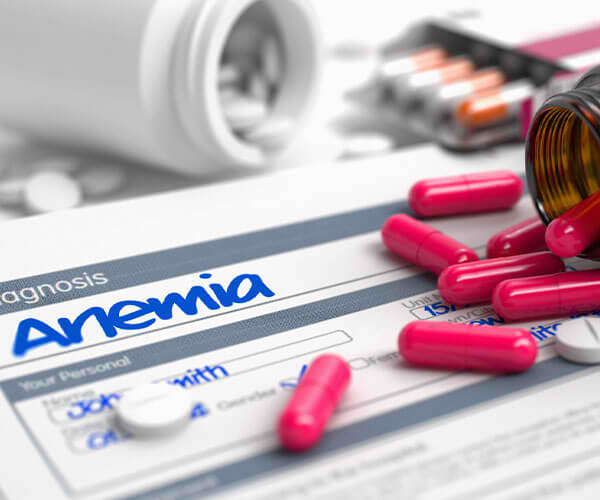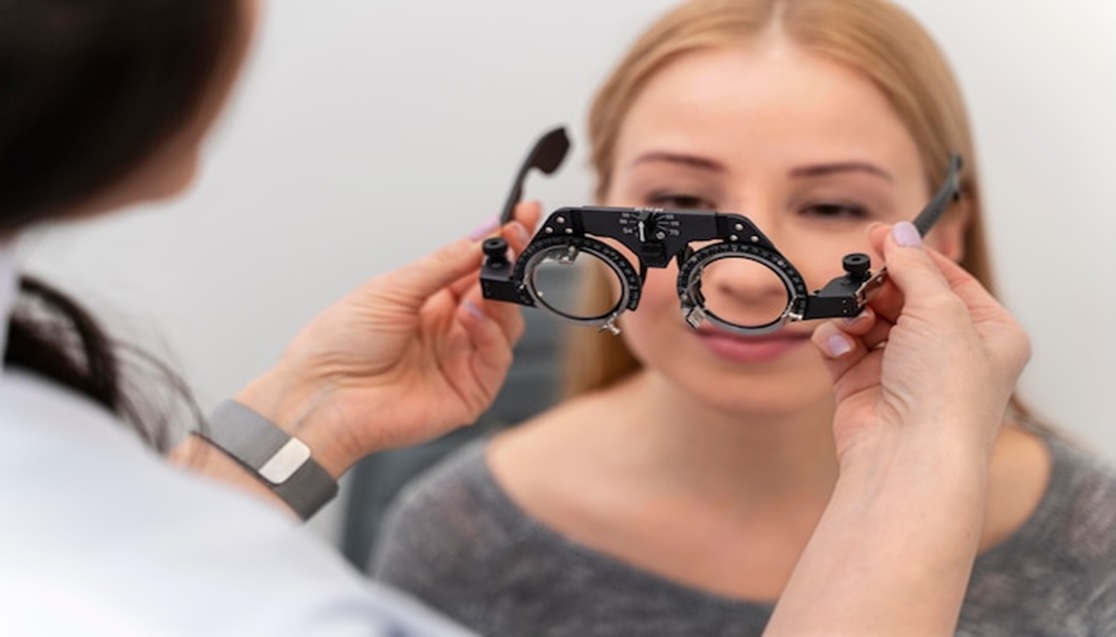Key Takeaways:
- Plasma donation is vital for saving lives and treating various medical conditions.
- Donating plasma helps supply the necessary components for life-saving therapies.
- Plasma donations support the healthcare needs of San Diego residents.
- Donating plasma offers compensation and supports local blood centers and hospitals.
- Regular plasma donations can have positive effects on your own health.
- The plasma donation process involves screening, donation, and post-donation care.
- Plasma donation centers maintain strict safety measures for donor and recipient protection.
- There are reputable plasma donation centers in San Diego.
1. Why Donating Plasma is Vital for Saving Lives
Plasma donation is a crucial and life-saving act that can make a significant difference in the lives of patients in need. Plasma, the liquid part of our blood, is rich in essential proteins, antibodies, and clotting factors. These components play a crucial role in treating a variety of medical conditions, including immune deficiencies, burns, hemophilia, and certain types of cancer.
Understanding the Life-Saving Power of Plasma
Plasma donations are especially vital for individuals who require life-saving therapies derived from plasma-derived products. Many patients with rare genetic disorders rely on these products to lead normal, healthy lives.
By donating plasma, you are helping supply the vital components needed for these patients’ treatments. For individuals who depend on plasma-based therapies, your donation can mean the difference between life and death.
How Plasma Donations Help Patients in San Diego
In San Diego, there is a constant need for plasma donations to meet the demands of local hospitals and blood centers. By donating plasma, you are directly contributing to the local healthcare system and ensuring that patients in your community receive the necessary treatments.
Plasma donations help in the production of medications such as intravenous immunoglobulin (IVIG), albumin, and clotting factors. These therapies are used in the treatment of immune disorders, trauma, and other critical conditions. By donating plasma, you are supporting the healthcare needs of San Diego residents and playing an active role in saving lives.
2. The Benefits of Donating Plasma in San Diego
Donating plasma not only helps save lives but also offers several benefits to the donors themselves.
Receive Compensation for Your Time and Effort
Many plasma donation centers provide compensation to donors for their time and effort. This compensation serves as a token of appreciation for your contribution and can help cover any expenses you may have during the donation process. By donating plasma, you can make a positive impact while also receiving a financial incentive.
Support Local Blood Centers and Hospitals
Donating plasma directly supports local blood centers and hospitals in San Diego. These facilities rely on regular plasma donations to meet the needs of patients in the area. By donating, you are supporting the infrastructure and resources required for blood centers and hospitals to deliver quality healthcare to their communities.
Your donations also help these organizations expand their plasma collection efforts, ensuring a steady supply of life-saving treatments for patients in need.
Improve Your Own Health through Regular Plasma Donations
Regular plasma donations can have positive effects on your own health. Each time you donate, your body naturally replenishes the donated plasma, resulting in the production of new blood cells.
This process can help stimulate the production of healthy red and white blood cells, allowing your body to function optimally. Additionally, donating plasma involves a thorough health screening, which can provide you with valuable insights into your overall well-being.
Moreover, plasma donation centers typically offer regular health check-ups and screenings to ensure the safety and well-being of their donors. These screenings may include tests for diseases such as HIV, hepatitis, and other infectious diseases, providing an opportunity for early detection and treatment if needed.
3. The Plasma Donation Process Explained
What to Expect During Your First Donation
If you’re considering donating plasma in San Diego, it’s essential to understand what to expect during the donation process. Your first visit to a plasma donation center will typically involve an initial screening to determine your eligibility.
During the screening, you may be asked about your medical history, recent travel, and any medications you are currently taking. This information helps ensure the safety of both the donor and the recipient of the plasma-derived products.
Once you pass the screening, a trained healthcare professional will guide you through the donation process. The process is similar to a regular blood donation, where a needle is inserted into your vein to collect the plasma. The collected plasma is then separated from the other components of your blood using an automated centrifuge.
After the donation, you may experience some mild side effects such as fatigue or lightheadedness. These usually resolve quickly, and the positive impact of your donation far outweighs any temporary discomfort.
Step-by-Step Guide: How Plasma is Collected and Processed
The collection and processing of plasma involve several steps to ensure its safety and efficacy in medical treatments.
Step 1: Registration and Screening: Upon arrival at the plasma donation center, you will be registered and provided with a questionnaire to assess your eligibility. This includes questions about your health history, recent travel, and lifestyle habits.
Step 2: Medical Evaluation: A healthcare professional will review your questionnaire and conduct a medical evaluation to ensure you meet the necessary criteria to donate plasma. This step involves checking your vital signs and may include a brief physical examination.
Step 3: Donation Process: Once you are deemed eligible, you will be guided to a donation area. A sterile needle will be inserted into your arm, and blood will be drawn, similar to a regular blood donation. The collected blood will then undergo a centrifugation process to separate the plasma from the other components. The remaining blood components, such as red and white blood cells, will be returned to your body.
Step 4: Post-Donation Care: After the donation, you will be monitored for a short period to ensure your well-being. Donation centers usually provide refreshments to help restore your energy levels. It’s important to follow any post-donation instructions given by the staff to ensure a smooth recovery.
Get Familiar with the Safety Measures in Place
Plasma donation centers uphold stringent safety measures to protect both donors and recipients. These measures include:
- Thorough donor screening to identify potential risk factors for transmission of infectious diseases
- Routine testing of donated plasma for infectious diseases, such as HIV, hepatitis, and syphilis
- Adherence to strict sterilization and cleanliness protocols during the donation process
- Regular calibration and maintenance of equipment to ensure accurate and safe collection of plasma
- Compliance with local and national regulatory guidelines regarding plasma collection and processing
4. Finding a Plasma Donation Center in San Diego
Top-Rated Plasma Donation Centers in San Diego
In San Diego, there are several reputable plasma donation centers where you can make a difference. Some of the top-rated centers include:
- San Diego Blood Bank
- Octapharma Plasma
- Grifols Plasma
- Biomat USA
- CSL Plasma
These centers prioritize donor safety, provide competitive compensation, and adhere to strict quality standards in plasma collection and processing.
Choosing the Right Donation Center for Your Needs
When selecting a plasma donation center in San Diego, consider the following factors:
- Location: Choose a center that is convenient for you to visit regularly, as plasma donations are typically needed on an ongoing basis.
- Compensation: Compare the compensation rates offered by different centers and determine which one best suits your needs.
- Reputation: Research the reputation and reviews of the center to ensure they have a track record of excellence in service and safety.
- Facilities and Amenities: Check if the center provides comfortable and well-equipped donation areas, as well as amenities such as refreshments during and after the donation process.
FAQs: Everything You Need to Know About Plasma Donation in San Diego
- Can I donate plasma if I’ve recently received a COVID-19 vaccine?
Yes, most plasma donation centers allow individuals who have received a COVID-19 vaccine to donate plasma. However, there may be specific guidelines regarding the timing of donation after vaccination. It’s best to check with the donation center directly for their policies.
- How often can I donate plasma?
The frequency of plasma donation depends on the center and individual eligibility. Generally, donors can donate plasma every 28 days, with a maximum of 13 times per year.
- Can I donate plasma if I have a chronic medical condition?
It depends on the specific condition and its impact on your overall health. Some chronic medical conditions may disqualify you from donating plasma, while others may not. It’s important to discuss your medical history with the donation center staff for accurate guidance.
- Can I donate plasma if I’m on medication?
Many medications do not disqualify individuals from donating plasma. However, certain medications may affect the safety of the donation process or the quality of the plasma. It’s crucial to inform the staff about any medications you are taking during the screening process.
- Is plasma donation painful?
The donation process itself is generally well-tolerated and minimally painful. You may feel a slight pinch when the needle is inserted, but discomfort is typically minimal. The mild side effects, such as fatigue or lightheadedness, usually resolve quickly after donation.
Remember, donating plasma is a selfless act that can make a significant impact on the lives of others. By donating in San Diego, you are directly contributing to your local community’s healthcare needs and potentially saving lives. Be sure to familiarize yourself with the donation process, select a reputable donation center, and embark on a journey of giving that benefits both others and yourself.
FAQ
- Question: Why Donating Plasma is Vital for Saving Lives? Answer: Plasma donation is a crucial and life-saving act that can make a significant difference in the lives of patients in need. Plasma, the liquid part of our blood, is rich in essential proteins, antibodies, and clotting factors. These components play a crucial role in treating a variety of medical conditions, including immune deficiencies, burns, hemophilia, and certain types of cancer.
- Question: What are the benefits of Donating Plasma in San Diego? Answer: Donating plasma not only helps save lives but also offers several benefits to the donors themselves. Many plasma donation centers provide compensation to donors for their time and effort. This compensation serves as a token of appreciation for your contribution and can help cover any expenses you may have during the donation process. By donating plasma, you can make a positive impact while also receiving a financial incentive.
- Question: How does the Plasma Donation Process Work? Answer: If you’re considering donating plasma in San Diego, it’s essential to understand what to expect during the donation process. Your first visit to a plasma donation center will typically involve an initial screening to determine your eligibility. During the screening, you may be asked about your medical history, recent travel, and any medications you are currently taking. This information helps ensure the safety of both the donor and the recipient of the plasma-derived products. Once you pass the screening, a trained healthcare professional will guide you through the donation process.
- Question: How can I find a Plasma Donation Center in San Diego? Answer: In San Diego, there are several reputable plasma donation centers where you can make a difference. Some of the top-rated centers include San Diego Blood Bank, Octapharma Plasma, Grifols Plasma, Biomat USA, and CSL Plasma. These centers prioritize donor safety, provide competitive compensation, and adhere to strict quality standards in plasma collection and processing.
- Question: Can I donate plasma if I’ve recently received a COVID-19 vaccine? Answer: Yes, most plasma donation centers allow individuals who have received a COVID-19 vaccine to donate plasma. However, there may be specific guidelines regarding the timing of donation after vaccination. It’s best to check with the donation center directly for their policies.
- Question: How often can I donate plasma? Answer: The frequency of plasma donation depends on the center and individual eligibility. Generally, donors can donate plasma every 28 days, with a maximum of 13 times per year.
- Question: Can I donate plasma if I have a chronic medical condition? Answer: It depends on the specific condition and its impact on your overall health. Some chronic medical conditions may disqualify you from donating plasma, while others may not. It’s important to discuss your medical history with the donation center staff for accurate guidance.
- Question: Can I donate plasma if I’m on medication? Answer: Many medications do not disqualify individuals from donating plasma. However, certain medications may affect the safety of the donation process or the quality of the plasma. It’s crucial to inform the staff about any medications you are taking during the screening process.





